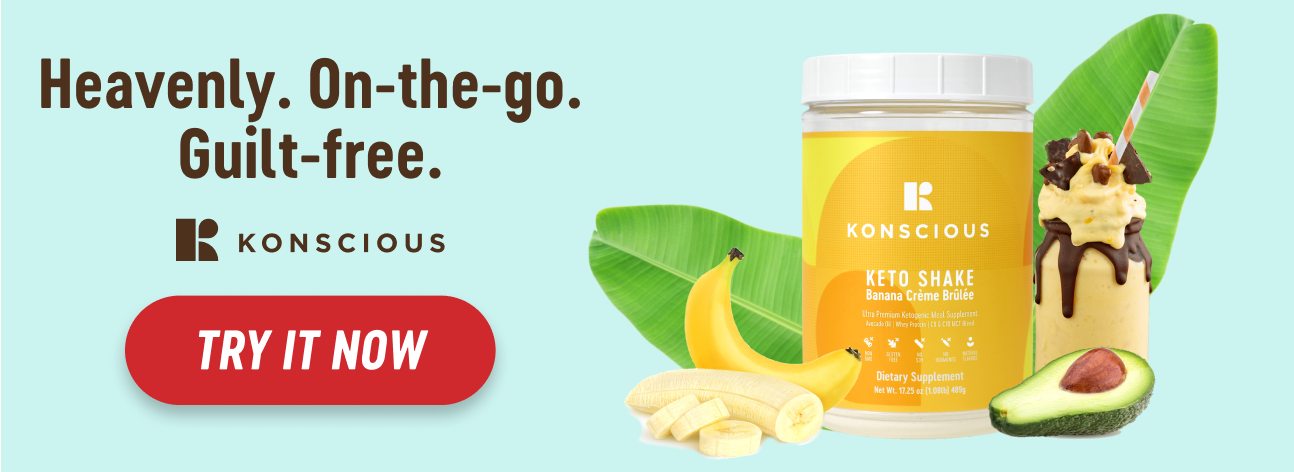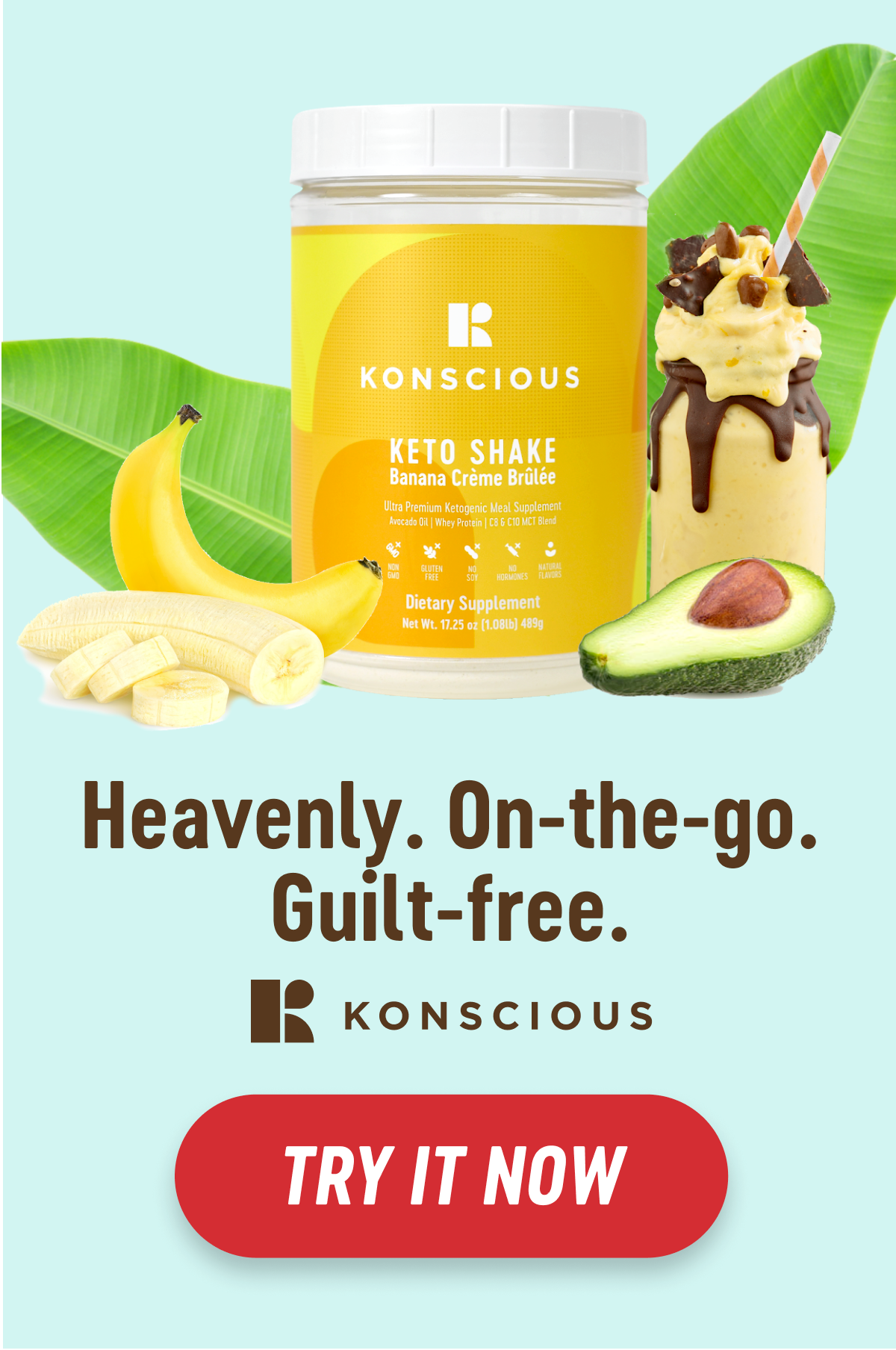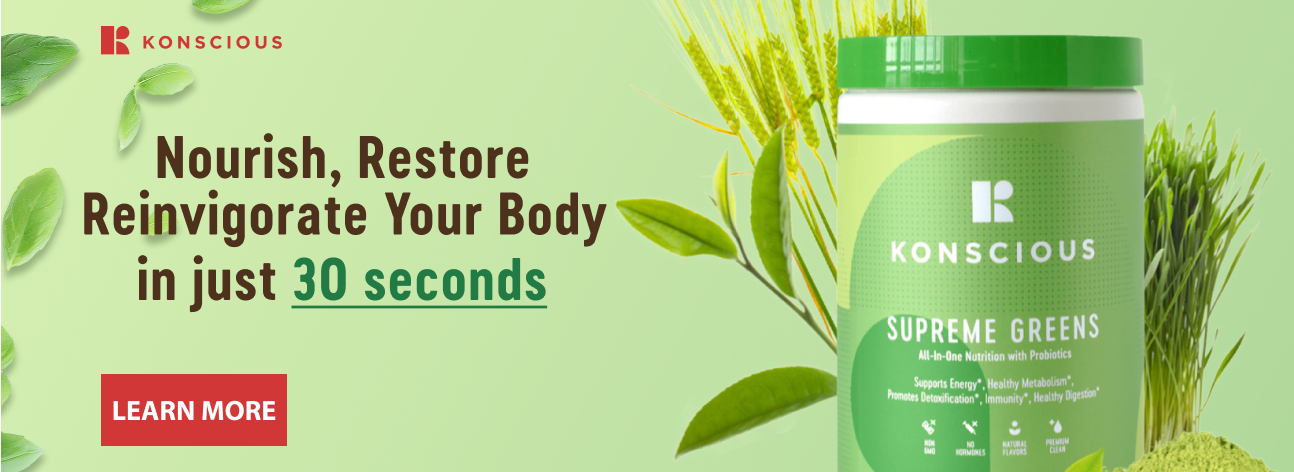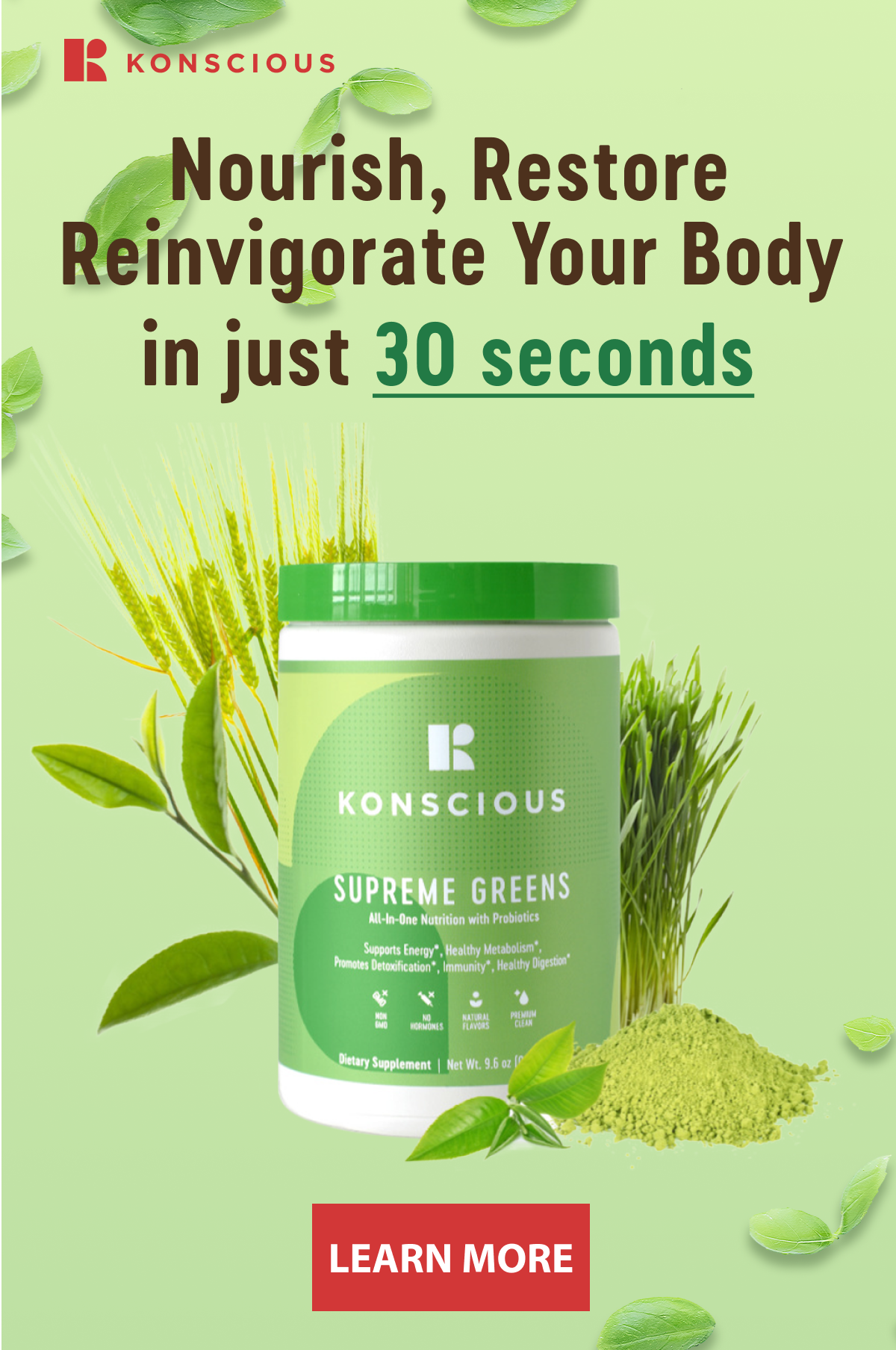Best Foods For Liver Repair And Fatty Liver Detox

Our largest single organ is grand in size and significance, handling hundreds of essential functions in our bodies daily.
And this crucial filter requires detox, cleansing, and regular maintenance, too, to prevent faulty functioning and development of other problematic conditions.
Fortunately, eating a diet filled with organic whole foods and healthy ingredients can transform or maintain optimal liver function or aid in repairing liver cells—and can even assist in restoring a fatty liver to pristine condition.
Plus, once you get in the habit of filling your fridge, freezer, and pantry with the core liver-boosting ingredients that we’ll share, you’ll come to enjoy the overlap of core essentials and the consistency of staple recipes and selections you’ll want to try again and again.
But first a bit about the liver and its vital importance. This master organ plays many roles in daily functioning, and we leave ourselves exposed to illness and disease it is compromised and overloaded with toxins.
The Liver And Why It Matters
The liver is required for nutrient assimilation and eliminating toxic substances from the body. However, a combination of environmental and lifestyle toxins that we encounter daily, such as viruses, alcohol use and obesity or inherited genetics can lead to a host of liver problems and subsequent organ injury.
All the blood exiting the stomach and intestines flows through the liver, and in metabolizing said blood it breaks down, balances, and converts nutrients into forms that are easier for the body’s cells to access and use.
Plus, the liver produces a fluid called bile and this yellowish fluid is used by the body to break down and metabolize fat, a crucial element needed to facilitate all vital metabolic processes.

Furthermore, the liver performs many other essential functions including:
- Makes particular proteins for blood plasma
- Makes cholesterol and special proteins to transport fats through the body
- Regulates the storage and release of glucose as needed
- Triggers hemoglobin to use its iron content (the liver stores iron)
- Converts harmful ammonia to benign urea (urea is one of the end products of protein metabolism that is excreted in the urine)
- Eliminates medicines and other harmful substances from the blood
- Facilitates blood clotting
- Prevents infections by producing immune factors and eliminating rogue bacteria from the bloodstream
- Regulates bilirubin (too much bilirubin makes skin and eyes turn yellow)
Honestly, you can't survive without a functioning liver. If your liver stops working properly, you may require an organ transplant. Plus, a liver transplant may be needed in cases of end-stage liver disease (chronic liver failure)––a serious, potentially fatal liver disease.
Further, void of a properly working liver, your blood won't correctly clot, causing unfettered bleeding and allowing toxins and other chemical and digestive byproducts to build up in the blood, leading to an increased potential and probability for toxic poisoning.
So, going the extra mile to improve and maintain the liver and work to reverse the effects of a fatty liver are truly a worthy endeavor with potential dividends rewarded in the form of an extended and improved quality of life.
Lifestyle And Liver Health
Adjusting your diet to consume foods that specifically cater to priming and maintaining a healthy liver is an excellent approach to stay cleansed and detoxified day-to-day. However, certain lifestyle factors that you choose to partake in or not can also greatly affect liver health.
Consider the following tips to avoid adding more stress and potential injury to your body’s largest organ:
#1. Consume alcohol responsibly
In case you think only lifelong drunkards get cirrhosis of the liver — you're mistaken.
A small number of liver cells die each time your liver filters alcohol. And long-term heavy drinking can affect the liver’s ability to function properly.
It is possible for the liver to regenerate new cells, but excessive alcohol consumption(drinking too much) for many years can weaken this ability. As a result, your liver can sustain serious and irreversible damage over time.

It's wise for your health, beauty, and budget to limit alcohol. But in the event of attempting to repair an injured liver, healing can begin as soon as a few days to weeks after you stop drinking completely.
However, if the damage is severe, healing can take several months––with some experiencing long-term, irreversible damage.
#2. Wash produce and steer clear of toxins
Honestly, avoiding toxins in your food goes beyond ensuring a thorough vinegar and water cleanse to clear debris prior to preparing your meals.
Some foods notoriously contain significant amounts of pesticide residues that the liver must then filter and eliminate to prevent toxicity. But prolonged exposure to these contaminants may result in many unpleasant symptoms as your liver struggles to clear out the mess.

Along with washing your produce properly, go ahead and opt for organic varieties when grocery shopping—especially with these foods, also known as The Dirty Dozen:
- Strawberries
- Spinach
- Kale, collar, and mustard greens
- Nectarines
- Apples
- Grapes
- Bell (or hot) Peppers
- Cherries
- Peaches
- Pears
- Celery
- Tomatoes
#3. Prevent hepatitis A, B and C
Inflammatory and viral infections can devastate the liver. Hepatitis A, hepatitis B, and hepatitis C are liver infections caused by three different viruses.
However, while each form of the virus can cause similar symptoms, they are transmitted differently and can affect the liver in diverse ways.
Vaccination is an option to protect against hepatitis B and hepatitis A. However, there’s no vaccines against hepatitis types C, D, and E, nor a cure for hepatitis once it occurs.

The inflammation linked to hepatitis B infection can lead to significant liver scarring (cirrhosis), which may hinder the liver's ability to function properly.
Furthermore, people with prolonged hepatitis B infection have a heightened risk of liver cancer and liver failure.
#4. Watch out for medications and herbal supplements
Utilizing prescribed medications and incorporating herbal or other supplements can offer various benefits.
But some popular herbs could activate toxic liver disease. Keep a close eye out for supplements containing aloe vera, black cohosh, cascara, chaparral, comfrey, ephedra, or kava.

You’ll also want to closely monitor your intake of the following prescription and OTC selections:
- Acetaminophen (Tylenol)
- Amoxicillin/clavulanate (Augmentin)
- Amiodarone (Cordarone, Pacerone)
- Allopurinol (Zyloprim)
- Azathioprine (Imuran)
- Methotrexate
- Risperidone (Risperdal) and quetiapine (Seroquel)
#5. Exercise and eat right
Engaging in regular exercise and physical activity throughout the week is imperative to maintain a healthy liver.
Exercise decreases stress on the liver, increases energy levels, and prevents obesity––which is a risk factor for liver disease.
Weekly, aim for 150 minutes of exercise, such as brisk walking or swimming. Or find another activity that you enjoy and will stick to and be consistent.

Exercise also increases liver fatty acid oxidation, reduces liver fatty acid synthesis, and decreases mitochondrial and hepatocyte damage-associated molecular patterns.
In addition to improving fatty liver disease, exercise has been shown to improve cardiovascular health.
Plus, increased physical activity also keeps your liver and kidneys healthy so that your body can detoxify—hey, it all starts with looking after your body's natural defenses and processes.
And exercising also positively affects your body's lymphatic system, supporting the body's defenses against toxins.
Best Foods To Eat For Liver Repair And Fatty Liver Detox
Coffee to help lower abnormal liver enzymes: The body makes a chemical called paraxanthine upon digesting caffeine that hinders the growth of the scar tissue associated with fibrosis—which may prove helpful in fighting liver cancer, alcohol-related cirrhosis, non-alcohol-related fatty liver disease, and hepatitis C.
-
Greens to prevent fat buildup: Food choice can make or break your efforts to repair liver damage while restoring from symptoms of a fatty liver.
Plus, chlorophyll-rich dark leafy greens are the perfect potent tools needed to naturally cleanse the liver.
Whether eaten either raw, cooked or cold-pressed as a juice or blended into a smoothie. The abundance of chlorophyll and phytonutrients present act as a natural filter, soaking up environmental toxins from the bloodstream and helping detoxify the liver.
-
Beans and soy to reduce the risk of NAFLD: Legumes may lower blood glucose levels and triglycerides in obese individuals. Moreover, a 2019 study found that diets high in legumes helped reduce NAFLD risk.
Beans contain a lot of dietary fiber, which helps maintain a healthy microbiome (your digestive system), which in turn is linked to improved liver health.
Furthermore, plant-based sources of protein and fiber, like that found in beans, can help you stay full longer and aid in cleansing your liver.
-
Oatmeal for fiber: Eating oats regularly has long been advised to manage cholesterol levels and support heart health.
However, the benefits of this versatile grain don’t end with boosting coronary and cholesterol stats, oats may also provide the liver with protective effects thanks to a specific type of fiber it contains called beta-glucan—found to reduce liver damage and oxidative stress in people with obstructive jaundice.
Plus, fibrous, whole-grain, organic whole foods such as oatmeal are associated with a reduced risk of NAFLD-related diseases as they typically reduce triglyceride levels and aid in maintaining a healthier weight—especially about the abdominal area where overweight is a common sign pointing to the presence of liver damage.
Consider starting your day with Greek yogurt with fresh berries, steel-cut oatmeal, and a slice or two of avocado, rich in healthy fat and inflammation-fighting ingredients, to pamper your liver and help you to feel fuller longer.
-
Nuts to help reduce inflammation: Adding heart-healthy nuts to your diet is an excellent way to increase protein levels while curbing cholesterol.
Moreover, it’s wise to note that walnuts are amongst the most beneficial varieties for improving symptoms associated with fatty liver disease—facilitating repair, thanks to their higher antioxidant and healthy fatty acid content.
Also, walnuts have the highest omega-6 and omega-3 fatty acids, as well as polyphenol antioxidants, making it a nutritional powerhouse.
Furthermore, aside from the abundance of omega-3 fatty acids in nuts like walnuts, these potent pods can also cleanse your liver naturally by detoxifying ammonia, while providing significant amounts of glutathione and the amino acid arginine to bolster liver function.
-
Incorporate turmeric to reduce markers of liver damage. This colorful spice is useful for more than brightening curries and other dishes. Turmeric is a nutritional treasure that banishes inflammation and soothes joints––and that’s just for starters.
Turmeric also helps with bile production to facilitate liver detoxification and prevents fat build-up in the body while supporting regenerative cellular repair and optimal liver function.
We’ve highlighted some standout ingredients to consider for fatty liver repair and detoxification, but you’ll notice some broader patterns when crafting a diet with the health of your master filtration organ in mind.
In general, a diet designed to reverse fatty liver disease and promote organ detoxification will include the following staples:
Fruits and Vegetables
It’s aesthetically pleasing and nutritionally sound to eat the rainbow when composing our plate to promote optimal liver function: that means consuming fruits and vegetables from all the colors of the rainbow, ensuring to get the nutrients and fiber needed to thrive.
Plus, it’s best to steer clear of refined carbs like doughnuts and white bread in favor of whole-grain rice, sourdough breads, and low-glycemic veggies, to maximize intake of dense nutrients without many empty calories.
Also, limit meat, dairy, and certain fats—opting for “good” (monounsaturated, polyunsaturated) fats from seeds, nuts, fish, and vegetable oils—whenever possible.
High-fiber plants like legumes and whole grains
Diets low in saturated fat and red meat are recommended by the American Liver Foundation. The easiest way to accomplish this is to occasionally replace red meat with beans, lentils, and chickpeas. Legumes are low in saturated fat and are a rich source of fiber, both of which are beneficial to liver health.
Furthermore, a low-glycemic and high-fiber diet can effectively impact body weight and body fat percentages, likely improving metabolic indicators like liver enzymes, blood glucose, blood lipids, and uric acid.
Significantly reducing intake of certain foods and beverages including those high in added sugar, salt, refined carbohydrates, and saturated fat
Avoiding fried foods, hydrogenated vegetable oils and fats, like canola oil and margarine, and other low-quality fats is a wise move, especially when repairing the liver.
Plus, excessive intake of fast-acting carbs like potatoes and white rice and loading up on salt and sugar will likely reflect in your glucose levels and blood pressure, respectively, in ways you may not appreciate.
Also, we can do a lot of damage under the radar, one sip at a time, with our beverage choices. Loading up on harder and spirited drinks, those filled with glucose-spiking sugars, or brands with artificial sweeteners can significantly hamper our hormones and organ function, so it's best to audit your fluid intake to ensure you’re avoiding sugar, excessive amounts of alcohol, and other additives that can negatively impact your hormones and endocrine system.
Lots of water and other unsweetened beverages (preferably caffeine-free)
Drinking water and non-sugar-sweetened coffee or tea instead of sugar-sweetened beverages could significantly lower liver cancer risk—an increasingly pertinent consideration given US liver cancer incidences have skyrocketed over the past three decades.
You can also indulge in your favorite cup of coffee guilt-free. Coffee is one of the most beneficial beverages you can drink to promote liver health. Research has shown that drinking coffee protects the liver, even in those who have liver problems already.
No alcohol
Alcohol use, especially excessive chronic drinking, places a significant burden on the liver as it requires diligence to process, metabolize, and eliminate alcohol in a way that prevents toxemia or poisoning. Handling alcohol in the body is quite taxing on the liver, often with lasting and damaging effects.
Casual cocktails on the weekends or during the week to unwind may work well in most healthy, well-rounded lifestyles. Who doesn’t enjoy a glass of wine with dinner?
But those seeking to repair and restore liver function should limit or eliminate alcohol completely for a period, until absolute organ function is re-established, before indulging and unduly laboring the liver.
Summary
Committing to make dietary changes to improve your health and wellbeing is wise any time of year. Plus, taking the time to craft or access a curated meal plan complete with all the foods the liver loves is a recipe for improved health and reclaimed vitality.
Stick to whole, organic, foods with loads of fiber and phytonutrients to keep yourself well-nourished and feeling fuller longer––while noshing on loads of cruciferous veggies to keep the liver and digestive tract cleansed and pristine.
Experiment with water rich, high-fiber foods filled with proteins and healthy fats to define a balanced approach to eating that works best for you. Your mind and body will thank you for the extra time and attention you dedicate to tending to your body’s master defense and detox system––we literally can’t survive without it.
Resources
- Sharma, R. (2013). Biochemical mechanisms of fatty liver and bioactive
foods. Bioactive Food as Dietary Interventions for Liver and Gastrointestinal Disease, 709–741. https://doi.org/10.1016/b978-0-12-397154-8.00041-5 - Dietary modulation of intestinal microbiota as trigger of liver health:
Role of bile acids - "a diet for liver health". (2019). Case Medical Research. https://doi.org/10.31525/ct1-nct03897218 - Katoonizadeh, A. (2017). Liver regeneration. Liver Pathophysiology, 113–123. https://doi.org/10.1016/b978-0-12-804274-8.00007-2
- Werawatganon, D. (2017). Protective effects of curcumin on gastric
inflammation and liver disease. Superfood and Functional Food - The Development of Superfoods and Their Roles as Medicine. https://doi.org/10.5772/66119 - Biomedicine: Coffee protects against alcoholic cirrhosis. (2006). Science News, 169(25), 397–397. https://doi.org/10.1002/scin.5591692514
















